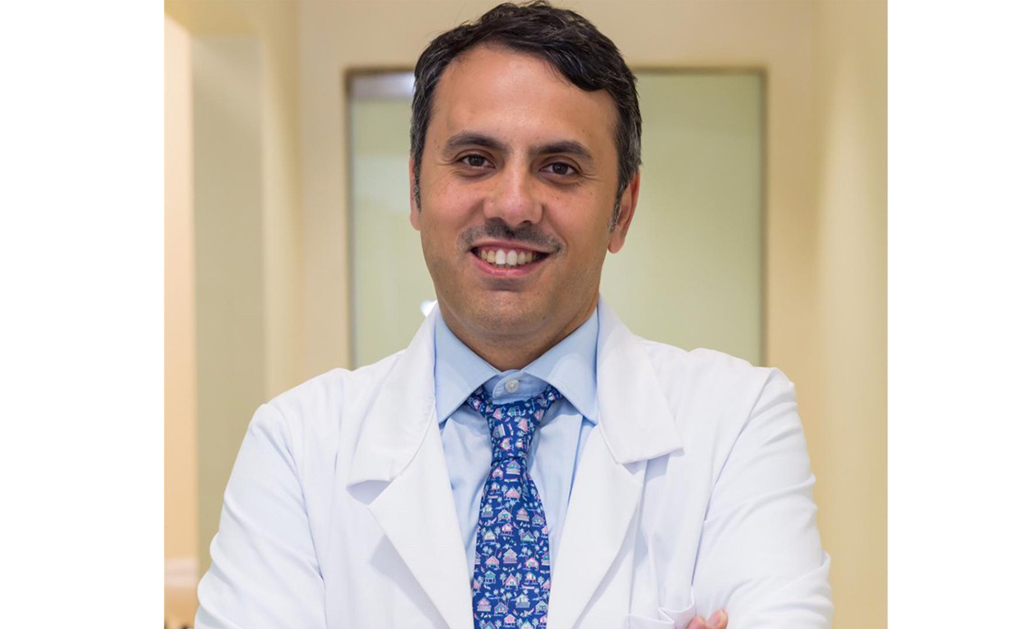By Faten Omar
KUWAIT: Every year in November, countries around the world celebrate Movember, which aims to raise awareness of men's health issues, especially prostate cancer, which is the most prevalent cancer among men in Kuwait. Speaking to Kuwait Times, Dr Mohammad Al-Ghanem, consultant urologist and head of the urology unit at Jaber Al-Ahmad Military Hospital, said that the month of November is a good opportunity to remind and raise awareness of the danger of prostate cancer to do necessary medical examinations.
He affirmed that with age, it occurs in most men, calling on men over the age of 50 to adopt healthy habits and undergo periodic examinations for any signs of prostate cancer. "Men must undergo a PSA blood test that can indicate the beginning of a cancerous tumor. If the PSA test result is abnormal, other laboratory and clinical tests should be conducted, such as a prostate biopsy and magnetic resonance imaging (MRI). If an increase in this indicator is detected, this may be a nearly-stage discovery. The tests guarantee the speed of treatment and high chances of a full recovery," he explained.
Dr Ghanem stressed that the causes of this type of cancer are not clear, and heredity plays a role, as prevalence doubles in first-degree relatives, in addition to advancing age, obesity and geographical and spatial distribution, as an American study revealed that cancer affects men of African origin more than others. Regarding symptoms, he said: "In its early stages, prostate cancer often has no symptoms. When symptoms do occur, they can be seen in late stages, like difficulty urinating, interrupted flow of urine, trouble emptying the bladder completely, pain or burning during urination, and blood in the urine."
Ghanem indicated that the treatment of this disease is carried out in several ways, including surgery, as well as other treatments such as radiation and hormone therapy to stop the male hormone testosterone from being produced or reaching prostate cancer cells, in addition to chemotherapy and biological treatment for cases in which the tumor has spread outside the prostate area.
Dr Ghanem advised men to check with their family doctors for early detection of cancer, and check with urologists for advanced stages. According to a report, prostate cancer ranked first as the most common cancer among Kuwaiti men in 2015, at a rate of 15 persons per 100,000 inhabitants. The prostate tumor is often slow-growing, but for a small percentage of patients, the tumor is fierce and fast-spreading, so there must be awareness to save the lives of thousands of people.











